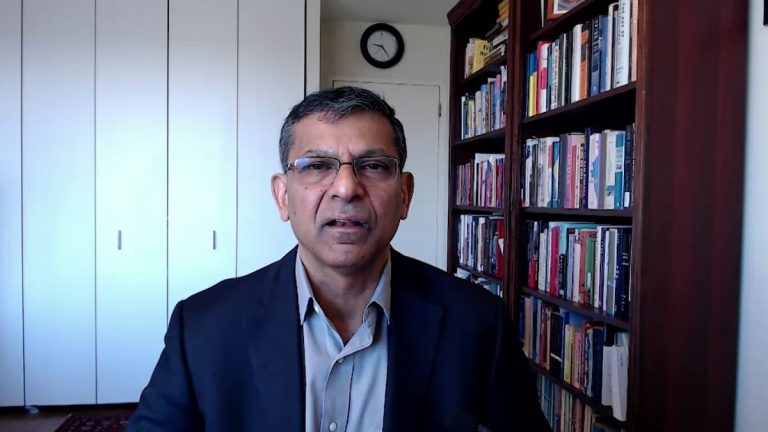Going cash-only won’t save Karnataka traders from the GST net — not when digital payment data already reveals the scale of their businesses.
In a sweeping enforcement drive, Karnataka’s Commercial Taxes Department has issued a wave of GST demand notices to small traders across the state, triggering panic — and a widespread shift to “cash-only” operations. But officials have now made it clear: the mode of payment doesn’t matter — it’s your total turnover that counts.
“GST is applicable on the full taxable turnover — consideration received in any form,” the department stated in a July 2025 clarification, directly addressing traders who believed that switching to cash payments could help them escape scrutiny.
The crackdown is based on data collected from UPI and other digital payment platforms between FY 2021–22 and FY 2024–25. Traders whose digital receipts alone exceed ₹20 lakh (for services) or ₹40 lakh (for goods) have been issued notices requiring registration and compliance. The state’s message: if your UPI numbers cross the line, your total turnover — including cash — is likely even higher.
Caught off-guard, many vendors in Bengaluru and beyond — including tea stalls, bakeries, and market shops — began refusing UPI payments altogether, fearing tax liabilities running into lakhs or crores. Signs reading “No UPI” have popped up across city markets.
But tax officers warn that this approach is flawed and ineffective. Going cash-only doesn’t grant exemption. All income, whether digital or cash, must be included when calculating GST eligibility.
Officials have been instructed to guide traders, particularly those dealing in exempt items like fruits or bread, and to ensure only legitimate tax is demanded. Still, failure to respond to notices can trigger penalties or recovery actions.
The state is leveraging its leadership in digital payments to expand GST compliance — not by penalizing digital usage, but by using it to uncover hidden turnover.
Trader associations have called for a statewide bandh on July 25, 2025, protesting what they allege are excessive and arbitrary tax demands.







